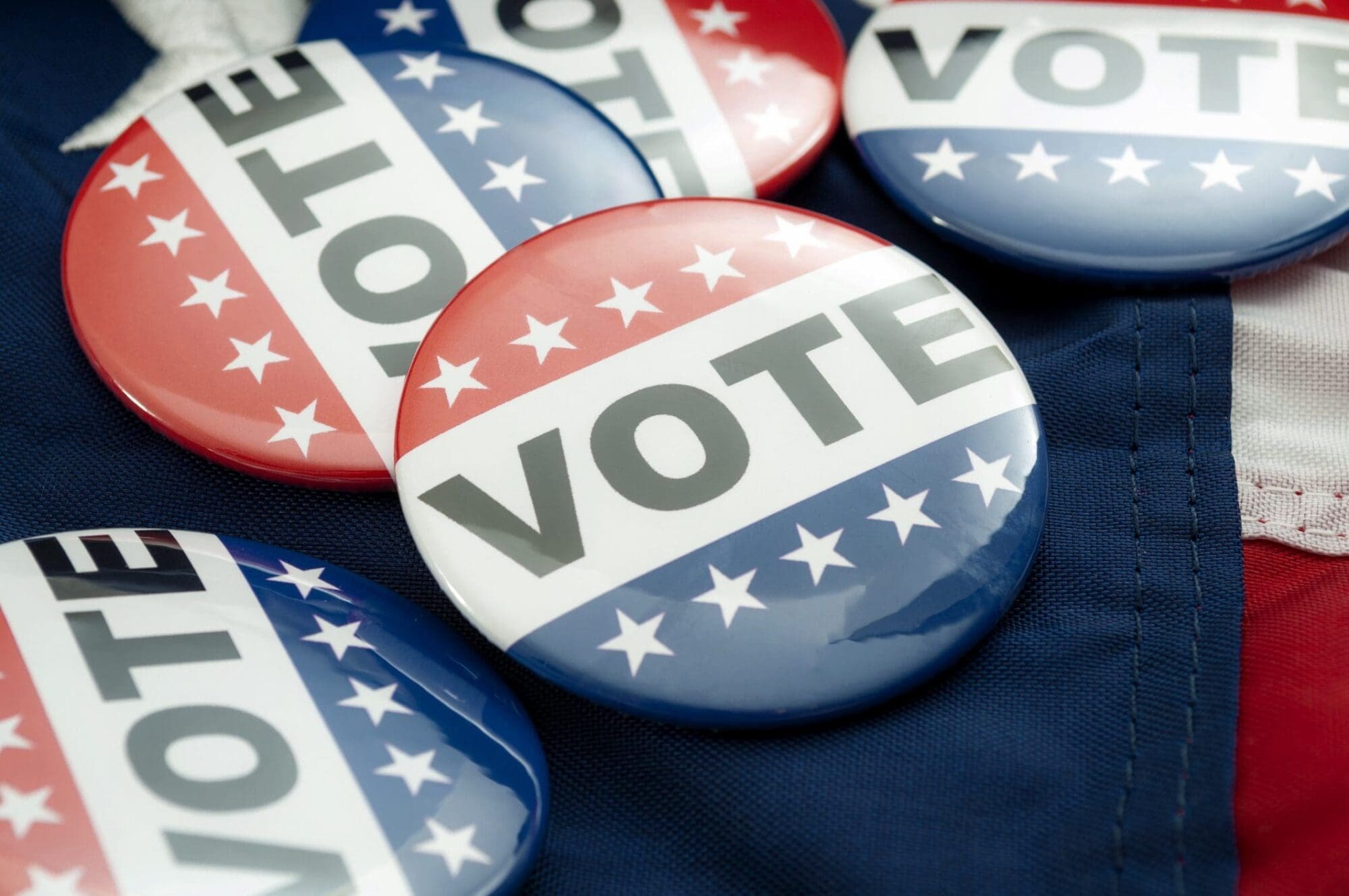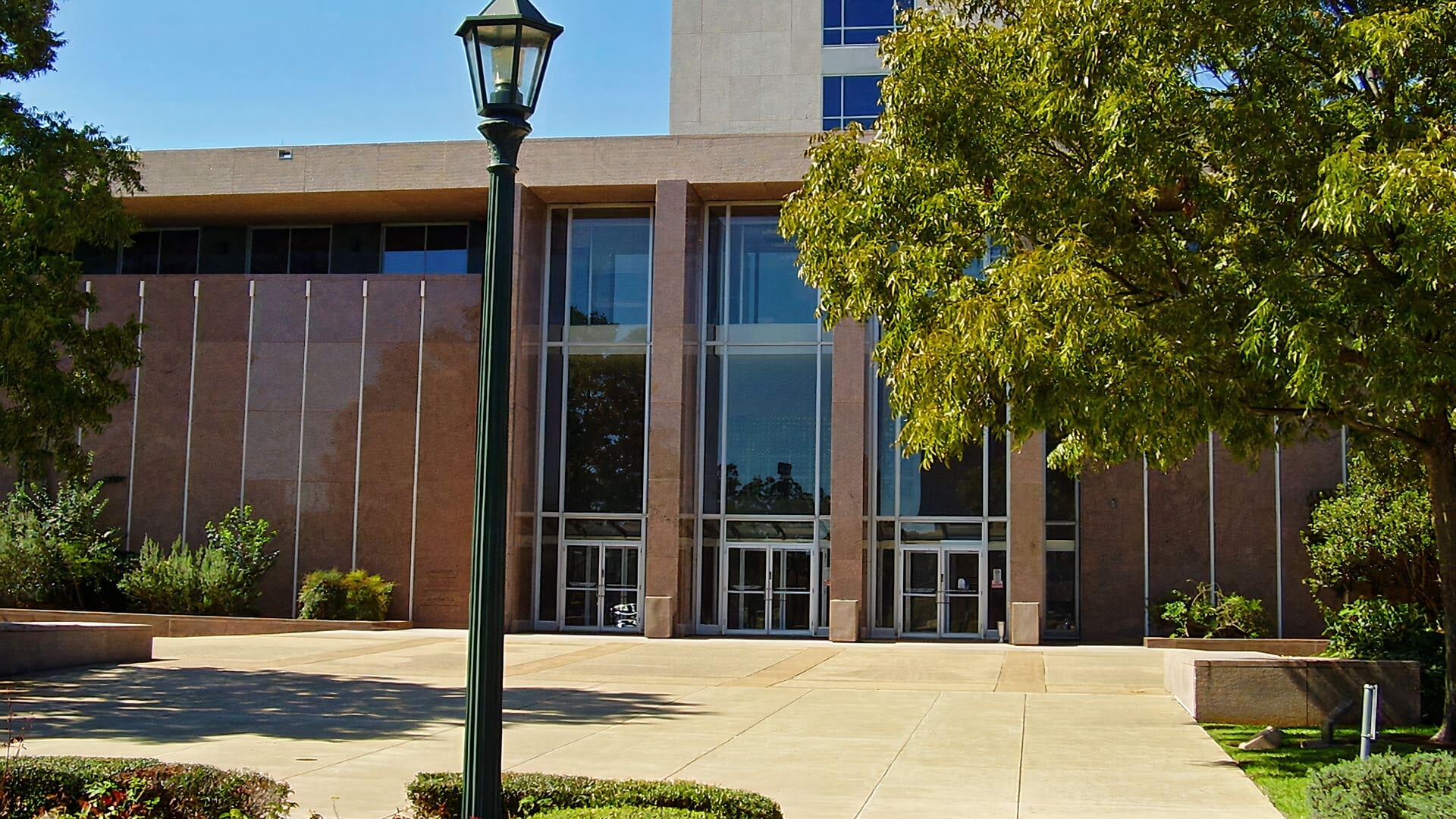A group of Texas state senators has filed seven key bills to protect election integrity, a top legislative priority for Texas Republican activists that was designated an emergency item by Gov. Greg Abbott over a month ago.
State Sen. Paul Bettencourt (R–Houston) announced the new bills on Monday, saying they “are important to ensuring a trusted, accurate and fair voting process.”
Interest in securing the vote intensified during 2020, as election officials across the country used fears about the Chinese coronavirus as an excuse to loosen voting rules, and controversies surrounding November’s election results heightened Texans’ concerns about voting accuracy and integrity.
Bettencourt’s bills, filed Friday, focus on maintaining accurate voter rolls, setting uniform and transparent voting processes, enforcing compliance by local election officials, and ensuring election disputes are resolved quickly by courts.
“The November 2020 election demonstrated the lack of transparency and lack of integrity within the election process,” Bettencourt said. “The integrity of the voter roll is paramount to the entire electoral process and we must restore confidence in the voter roll for future elections for all Texans.”
Three of the bills focus on maintaining accurate voter rolls and ensuring local voter registration officials perform their duties:
- SB 1111 requires voters to provide documentation they live at the address where registered when they receive a confirmation request from the voter registrar. Bettencourt said this will prevent voters from unlawfully using private P.O. boxes for registration—an issue in past elections. The bill also affirms that people may not establish a voting residence “for the purpose of influencing the outcome of a certain election.”
- SB 1113 authorizes the Texas Secretary of State’s office, which oversees elections statewide, to withhold certain state funding from local election officials who fail to timely cancel registrations of ineligible voters.
- SB 1114 requires local voter registrars to verify the eligibility of voters identified by the Texas Department of Public Safety as noncitizens and remove ineligible voters from their rolls. Under current law, registration officials are not required to act on DPS data received from the SOS indicating voters are not U.S. citizens.
“Failure to enforce the Election Code was an issue during the November 2020 election with the Texas Supreme Court and other lower courts plus even Federal courts issuing many notable rulings,” Bettencourt added.
Four additional bills filed Friday address “the critical nature of election violations,” as well as uniformity and transparency issues that arose in 2020:
- SB 1110 allows for faster resolution of election issues by requiring emergency election review judges to be available within hours to hear disputes.
- SB 1112 makes it a Class A misdemeanor for any local election official to suspend the early voting ballot board’s requirement to verify voters’ signatures on mail-in ballots and applications.
- SB 1115 requires uniform early voting hours and days for all Texas counties.
- SB 1116 directs local governments to post election results on their websites “no more than two clicks away from their homepage.”
“The COVID-19 pandemic on top of the November 2020 election have revealed election code violations across Texas including too many places with election officials that have been non-compliant with the one or more of the requirements of the Texas Election Code,” Bettencourt said. “These ‘Integrity Seven’ bills will start a needed discussion to create uniformity to make sure the problems we faced in 2020 will not happen again.”
Bettencourt’s bills were co-authored by fellow Republican State Sens. Brian Birdwell (Granbury), Brandon Creighton (Conroe), Bob Hall (Edgewood), Lois Kolkhorst (Brenham), and/or Charles Schwertner (Georgetown).
State Sen. Brian Hughes (R–Mineola) is still drafting a major election integrity omnibus, Senate Bill 7. Hughes chairs the Senate State Affairs Committee, which hears election-related bills in the upper chamber.
The House Elections Committee held its first meeting last week and will begin hearing bills Thursday, March 11—eight weeks into the 20-week session.
The deadline for filing bills is Friday, March 12. The regular session ends May 31.
Texans can contact their state lawmakers about election integrity and other issues.
Details about bills, along with other resources to help citizens participate in the legislative process, are available at Texas Legislature Online.





